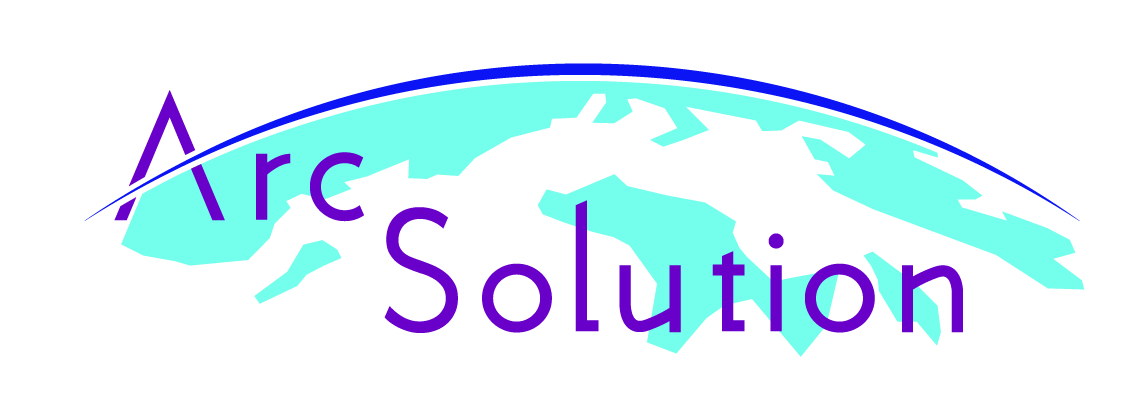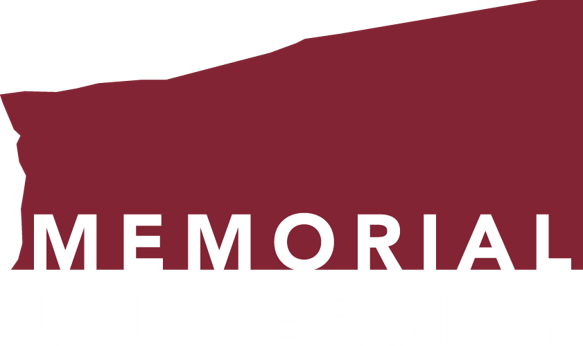The consortium behind ArcSolution is a highly qualified and diverse team, consisting of 14 partners from 8 different nations, from a range of geographic regions, including the Arctic and other key areas. This “dream team” brings together esteemed researchers with proven expertise and a strong history of collaboration. Under experienced and dynamic leadership, the partners were selected for their scientific and practical experience, as well as their passion and commitment to the Arctic’s future. Their dedication and enthusiasm will drive ArcSolution to successful outcomes, delivering impactful results for the region and beyond.
Get to know our participants
Project partners
Nord University, Norway

The Nord university has 11,000 students and 1,300 employees at its study locations Bodø, Levanger, Steinkjer, Stjørdal, Mo i Rana, Namsos, Nesna, and Vesterålen.
University of Oulu, Finland
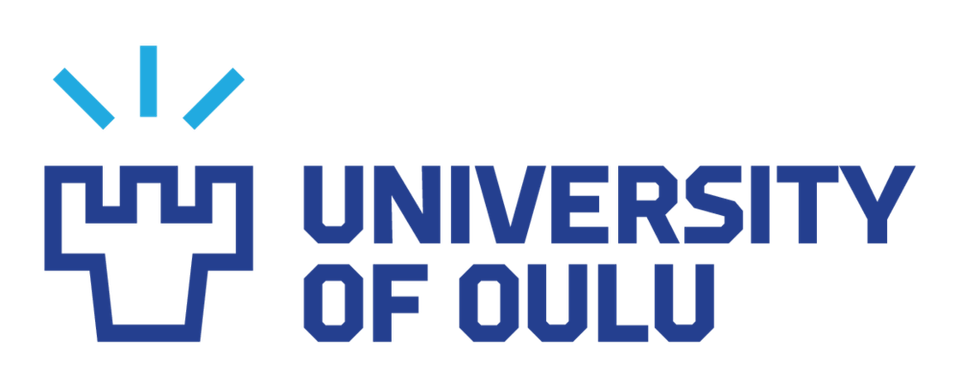
The University of Oulu is an international science university which creates innovation for the future, well-being, and knowledge through multidisciplinary research and education.
Aarhus University, Denmark
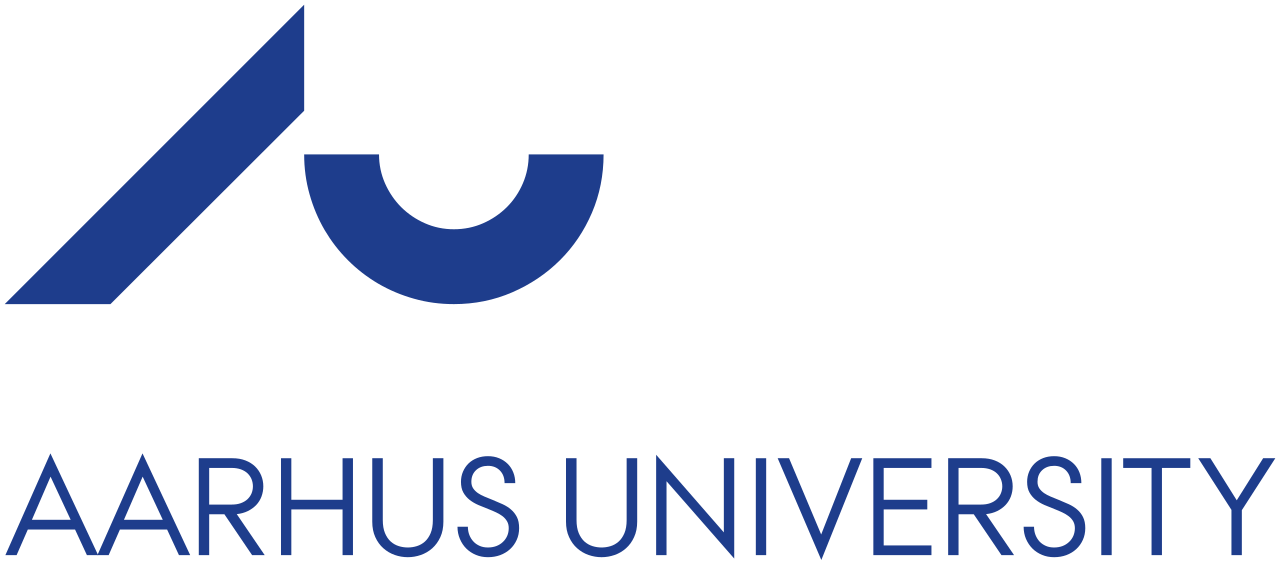
Established in 1928, Aarhus University has since developed into a major Danish university with a strong international reputation across the entire research spectrum.
Norwegian University of Life Sciences, Norway
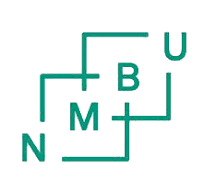
The Norwegian University of Life Sciences’ mission is to contribute to the well-being of the planet. Our interdisciplinary research and study programmes generate innovations in food, health, environmental protection, climate and sustainable use of natural resources.
Arctic Knowledge, Norway
Arctic Knowledge Ltd. focuses on fostering international collaboration, climate science, and sustainable development, particularly in the Arctic. With extensive experience in EU Horizon programs and advisory roles in environmental policy, it works with innovative projects tackling global challenges such as pollution, resource efficiency, and the impact of contaminants on vulnerable communities.
Ilisimatusarfik, Greenland
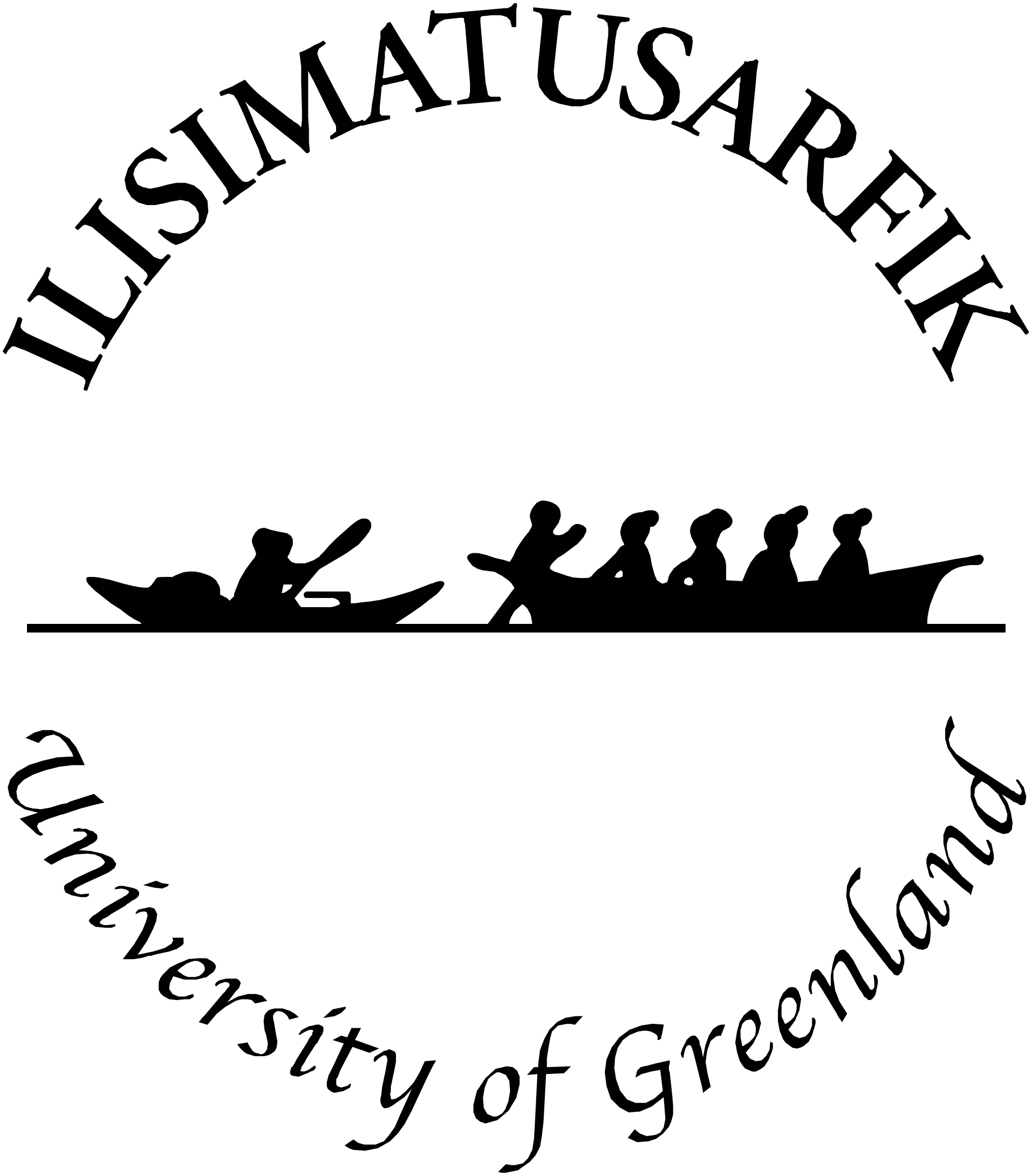
The university of Greenland, Ilisimatusarfik is situated in the small but bustling capital city of Nuuk.
Ilisimatusarfik educates for both the private and public labour market, and does research and programmes within humanities, social and health science.
Alfred-Wegener Institute, Germany
As a Helmholtz centre for polar and marine research the Alfred Wegener institute works above all in the cold and temperate regions of the world. Together with numerous national and international partners we are involved to decipher the complicated processes in the “system of earth”.
Ocean Atmosphere Systems GmbH, Germany

O.A.Sys – Ocean Atmosphere Systems is a scientific and consulting company working with a wide range of numerical and analytical tools in the field of Earth System Modeling.
Nordland Research Institute, Norway
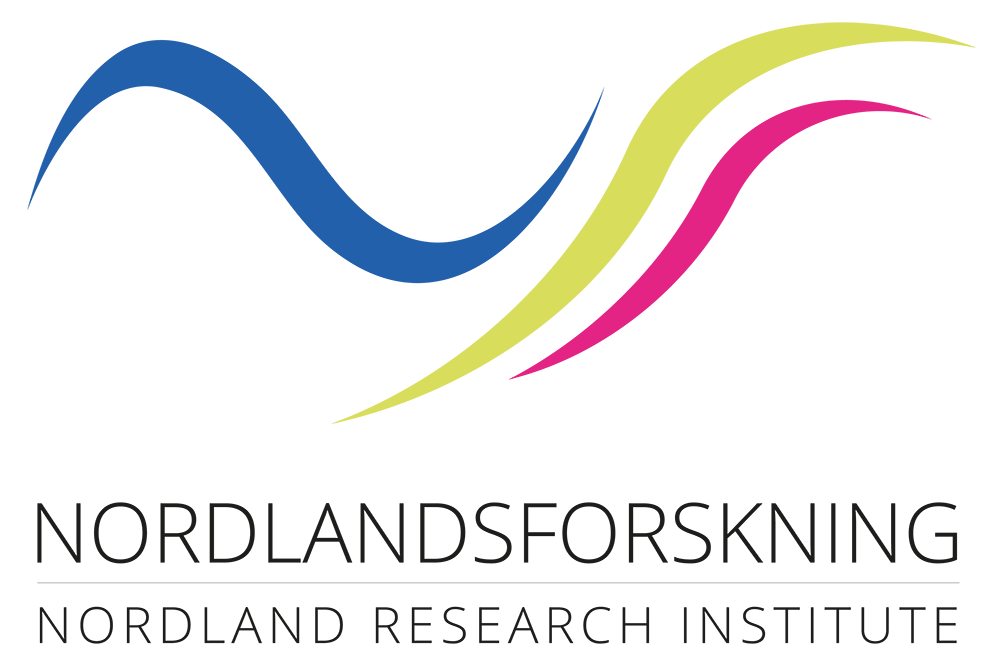
Nordland Research Institute (NRI), owned and located in Northern Norway, is dedicated to interdisciplinary social sciences in and for the Arctic and the High North.
Our commitment is to co-produce relevant knowledge for people, society and policy.
Research areas:
Local communities and governance
Green transition and transformative action
Sustainability, natural resources and biodiversity loss
Welfare, health and upbringing
University of Tromsø, Norway

UiT The Arctic University of Norway is the northernmost university of the world. Its location on the edge of the Arctic implies a mission. The Arctic is of increasing global importance. Climate change, the exploitation of Arctic resources and environmental threats are topics of great public concern, and which the University of Tromsø takes special interest in. At UiT The Arctic University of Norway you can explore global issues from a close-up perspective.
Arctic Monitoring and Assessment Program, Norway

The Arctic Monitoring and Assessment Programme is one of six Working Groups of the Arctic Council.
Since its establishment in 1991, AMAP has produced a series of high quality reports and related communication products that detail the status of the Arctic with respect to climate and pollution issues and that include policy-relevant science-based advice to the Arctic Council and governments.
Faroese Hospital System

Deildin fyri Arbeiðs- og Almannaheilsu (Department for Occupational and Public Health) from the Faroese Hospital System, will contribute over 40 years of research on the health effects of marine pollutants. Their participation significantly enhances the ArcSolution project’s mission to develop sustainable solutions for Arctic communities, particularly by creating a dedicated Work Package (WP7).
Associated partners
Agroscope, Switzerland
Peking University People’s Hospital, China

Memorial University of Newfoundland, Canada
Associated projects
Illuq

Permafrost underlies 22% of the Northern Hemisphere’s exposed land surface and is thawing at an alarming rate as a direct consequence of climate change. When thawing, permafrost releases large quantities of organic matter and contaminants into the environment. In addition, permafrost thaw dramatically impacts infrastructure in local communities with wide-ranging consequences for health, economy, and society.
ILLUQ is an answer to these complex issues. By bringing together an interdisciplinary consortium committed to participatory research with local stake- and rightsholders, it will provide the first holistic look at permafrost thaw, pollution and human and environmental well-being in the Arctic and deliver information on the risks from contaminant release, infrastructure failure and ecosystem changes to stakeholders.
The project is based on the holistic One Health concept, which aims to sustainably balance the health of people, animals and ecosystems.
Iceberg
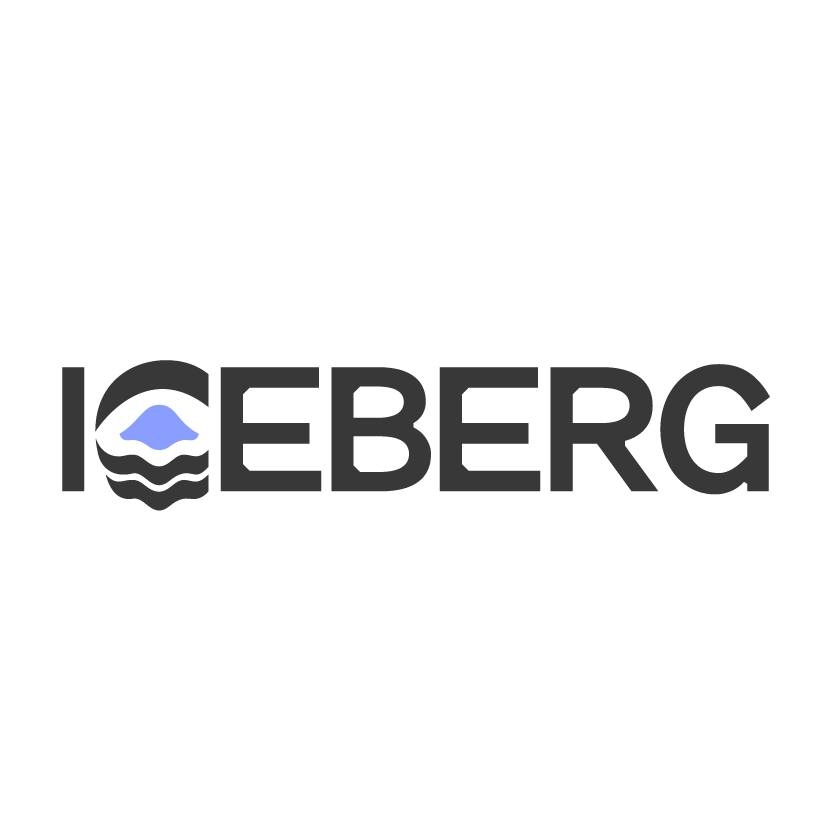
Climate change and pollution, including plastics, ship emissions and wastewater, pose significant threats to human health and the ecosystems of the Arctic region.
The ICEBERG project is tackling these problems in collaboration with Indigenous and local communities.
From 2024-2026, we will study pollution and its impacts on the ecosystems and communities in three regions in the European Arctic: Kalaallit Nunaat (Greenland), Iceland and Svalbard.
Through innovative community engagement, we are co-developing resilience strategies to combat pollution and climate change, while also creating recommendations for new pollution-control governance.
